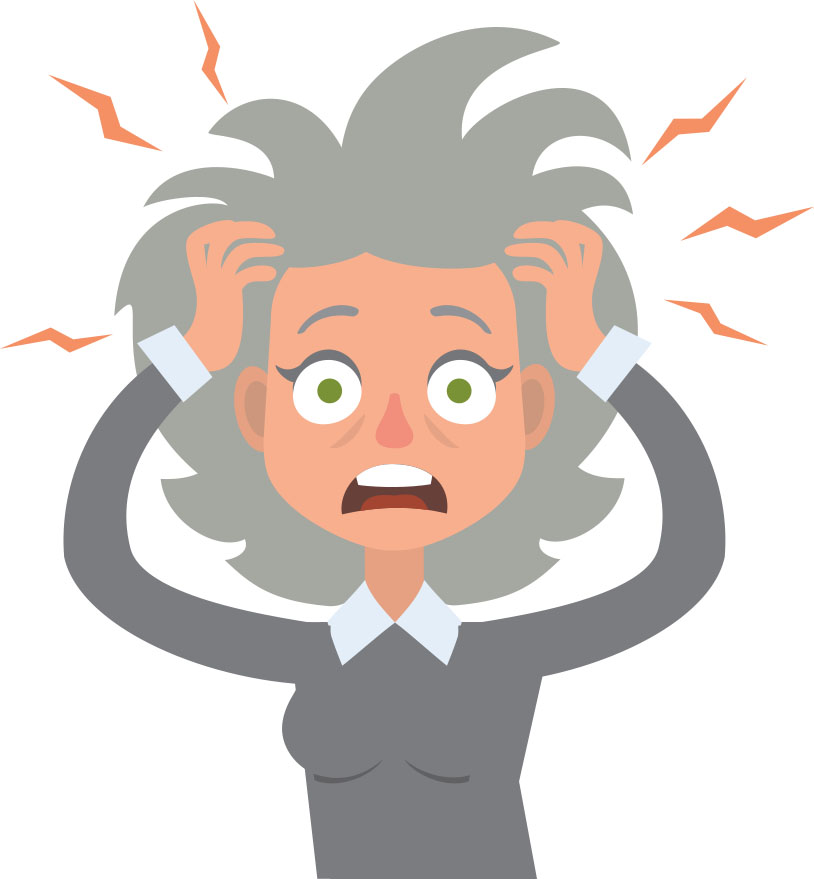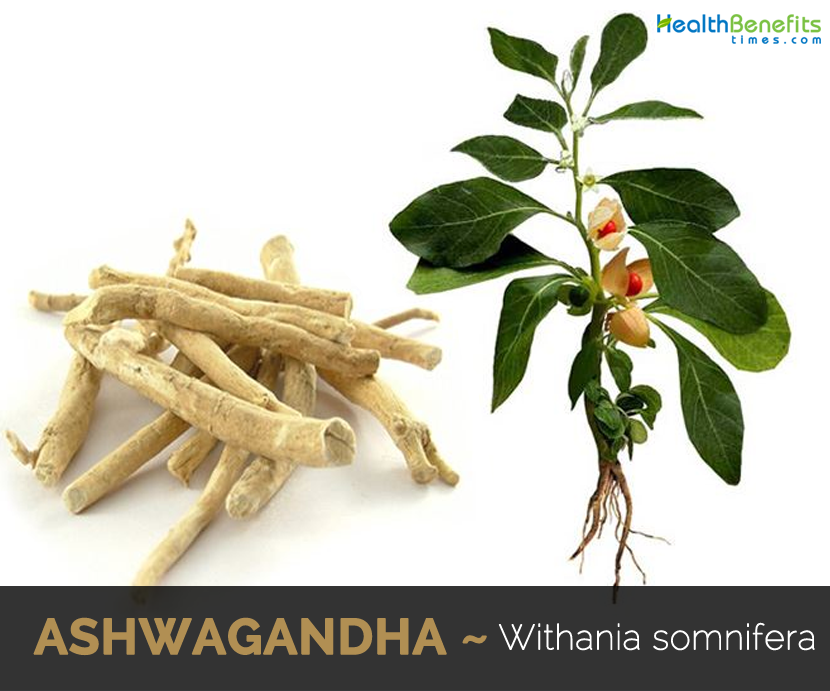https://cdn.steemitimages.com/DQmXXs5VRzKgAKduwppEvvp2oSSQgwg3fkrjMEqz7GgtuxU/stressed%20out%20cartoon.jpg
## Stress is one of the most common agitators of the human physiology and psychology across all cultures.

[Source](https://www.google.com/url?sa=i&source=images&cd=&cad=rja&uact=8&ved=2ahUKEwibht603anlAhWNv54KHTU1D0UQjhx6BAgBEAI&url=https%3A%2F%2Fwww.health.harvard.edu%2Fnewsletter_article%2Fdoes-stress-management-become-more-difficult-as-you-age&psig=AOvVaw1GeE6cqasZ0XNpO85tYY8v&ust=1571622825705999)
___ What causes stress may differ from one culture to the next, but the fact is that we all experience stress in one form or another. The effects of this stress are also nearly universal with symptoms such as an increase in cortisol levels, an abnormal increase in DHEA-S levels, anxiety, and depression.¹ People have used many different herbs and pharmaceuticals throughout all of history in order to counteract the effects of stress on the human experience. One of the oldest herbs used in the healing process from the impact of stress on the body is ashwagandha (*Withania somnifera*). The study by Adrian L. Lopresti, et al.¹, An investigation into the stress-relieving and pharmacological actions of an ashwagandha (*Withania somnifera*) extract, put this botanical medicine beneath the empirical lens of scrupulous study to reveal the truth behind the claims that ashwagandha can effectively reduce stress. ___ ### Ashwagandha is still a relatively understudied botanical medicine through the perspective of Western empirical science.

[Source](https://www.google.com/url?sa=i&source=images&cd=&cad=rja&uact=8&ved=2ahUKEwjfzdaP3qnlAhVN7J4KHVtiC6sQjhx6BAgBEAI&url=https%3A%2F%2Fwww.healthbenefitstimes.com%2Fashwagandha%2F&psig=AOvVaw2xt07DATdakOjPjXs7M2ET&ust=1571622991370512)
___ There are only six other clinical trials which study the effect of ashwagandha on stress in humans to date.¹ The authors of this study maintained the goal of emboldening the few bodies of work which currently highlight the clinical relevance of ashwagandha. Lopresti, et al., state in their article: >The aim of this study was to add to the current body of evidence by investigating the antistress effects and safety profile of a standardized ashwagandha root extract (Shoden) in healthy adults suffering from mild stress. In this 60-day, randomized, double-blind, placebo-controlled study we were also interested in identifying additional mechanisms of ashwagandha's antistress, and mood-enhancing effects, particularly in relation to its influence on steroidal hormones.¹ ___ Sixty willing adult participants with generalized stress, who were without any chronic disease which might affect stress/anxiety or restrict normal, daily function, enlisted to be a part of a sixty day double-blind study in which participants would receive either a 240mg ashwagandha extract capsule or a placebo capsule to be taken once a day, after dinner with 250mL of water.¹ Participants were to attend a check-up at one of two identified health care centers on six occasions where cortisol levels, DHEA-S levels, and anxiety/depression were assessed using blood sampling and clinician-administered Hamilton Anxiety Rating Scale (HAM-A), and self-reported Depression, Anxiety, Stress Scale-21 (DASS-21), respectively.¹ Assessment of testosterone levels was only taken at baseline and at sixty days.¹ ___ # The results of the study showed that ashwagandha potentially has significant affect on the effects of stress in humans.¹

[Source](https://www.google.com/url?sa=i&source=images&cd=&cad=rja&uact=8&ved=2ahUKEwiHovih36nlAhUIqp4KHU2rAeQQjhx6BAgBEAI&url=http%3A%2F%2Fcheckbiotech.org%2F10-simple-steps-to-find-stress-relief-every-day%2F&psig=AOvVaw1Etkhmg9I6StpLZgmXRtT1&ust=1571623315822409)
___ A 41% reduction in HAM-A was observed in the ashwaganda group, compared to the 24% reduction in the placebo group.¹ A 30% reduction in DASS-21 scores was observed in the ashwagandha group, a 10% reduction in the placebo group.¹ Cortisol levels were reduced by 23% in the ashwagandha group, no significant changes in cortisol occurred in the placebo group (0.5% increase).¹ An 8% reduction in DHEA-S was observed in the ashwagandha group with no significant changes in the placebo group.¹ Testosterone changes were only significant in male participants with an 11.4% increase in testosterone in the ashwagandha group and no significant changes in the placebo group.¹ ___ ## The authors suggest that, “the anxiolytic effects of ashwagandha may be attributed to several mechanisms.”¹ ___ The first, and most clearly studied within the context of this paper, is the mitigating effects of ashwagandha on the hypothalamic-pituitary-adrenal (HPA) axis.¹ Secondly, elevated levels of DHEA-S is typically understood in the confines of generally healthy and vital individuals; however, studies have shown high levels of DHEA-S are released following acute stress exposure, and is significantly higher in individuals experiencing post-traumatic stress disorder.¹ Thus, the reduction of abnormally elevated DHEA-S levels may be a sign of stress reduction.¹ ___ Not studied in this clinical trial were the anti-inflammatory effects of ashwagandha. Inflammation and oxidative stress are increased when the body is under stress, and elevated levels are typically present in individuals experiencing anxiety and depression.¹ Along with the anti-inflammatory properties, ashwagandha interacted with GABAergic and serotonergic receptors in preclinical trials, which have antidepressant and anxiolytic effects.¹ ___ Limitations discussed in this article focused on the small sample size of only sixty participants, and that most current studies on ashwagandha have been conducted in India, thus the authors suggest a greater sample size and for cross cultural examination.¹ The authors also suggest further research into the role of which diet may play on the uptake of the ashwagandha constituents as their study did not restrict, modify, or control participants diets in any form.¹ Economic and occupational variables were not controlled either, and the author suggests future studies might implicate the role of these on the effects of ashwagandha on stress. ___ ## In conclusion... ___ The study performed by Lopresti, et al., showed that ashwagandha (*Withania somnifera*) has significant potential in the treatment of relieving stress and the effects of stress on the human body through its interaction with the HPA axis, and possibly though several other synergistic pathways, such as GABAergic and anti-inflammatory properties. Further research is clearly needed in gathering larger sample sizes and cross-cultural examinations, but surely the possibility of efficacy of ashwagandha remains clear. ___ # Citation ¹ Lopresti, A. L., Smith, S. J., Malvi, H., & Kodgule, R. (2019). An investigation into the stress-relieving and pharmacological actions of an ashwagandha (*Withania somnifera*) extract. Medicine, 98(37). doi: 10.1097/md.0000000000017186 https://www.ncbi.nlm.nih.gov/pmc/articles/PMC6750292/ ___

Want to learn how you can earn LOTUS on your #NaturalMedicine content? [Join us in our Discord and find out more!](https://discord.gg/H2nF5D4) https://discord.gg/H2nF5D4

#
LOVELAUGHTER&&XHAOS
*PALPABLE POPE Ypyskypo Skwyrl, the Y's Cat-herder aka Chief Bigstick
High Priest, Church of Erin Erisian Ataxia Troupe : Caste of the Black Star*
https://steemimg.com/images/2016/09/22/YpyskypoSkwyrlVerified9e2f2.png

Originally posted here: https://steemit.com/steemstem/@alchemage/is-ashwagandha-effective-at-relieving-stress-a-review-of-a-double-blind-clinical-trial





No comments:
Post a Comment